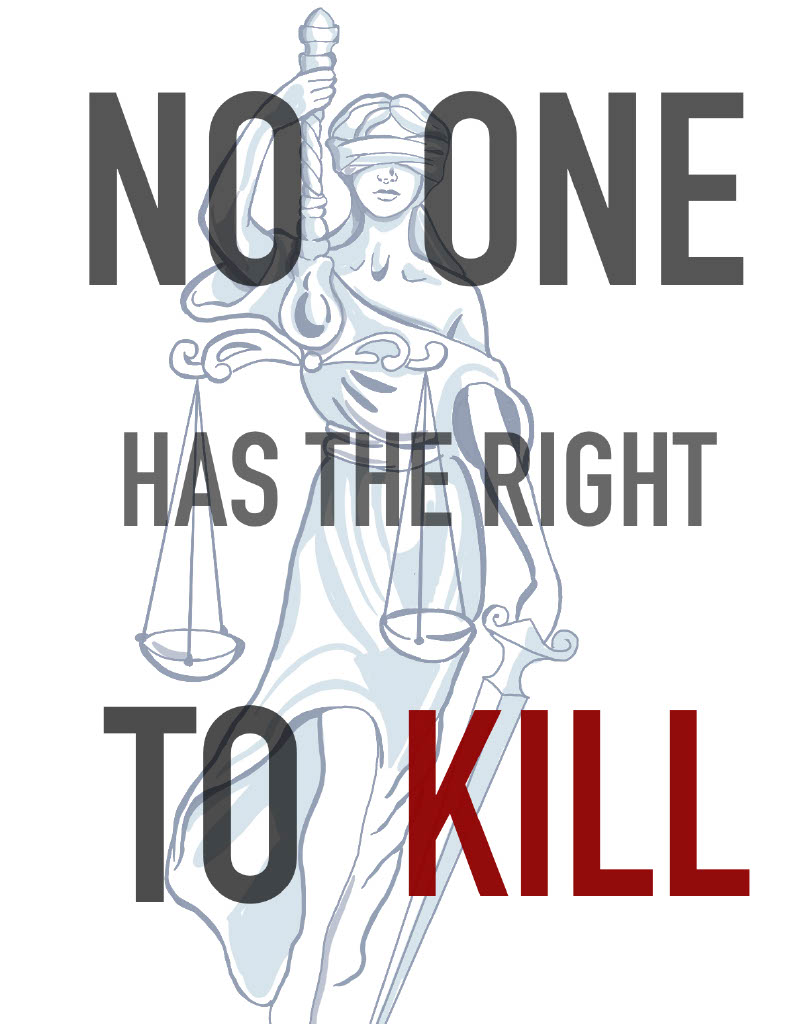Dear editor,
In her column, Lindsey Dale contends that any self-respecting Christian “cannot accept homosexuality, as orthodox Christianity is assuredly an anti-gay religion.” To defend her argument, she uses scripture and the writings of early Church scholars.
But as far as homosexuality goes, the scriptural argument is not adequate. A quick reading of any of the passages she cites will prove that they are informed by a flawed conception of homosexuality.
Biblical writers saw homosexuality as a choice, a capricious whim to get God angry—and as a manifestation of lust, not of love. This is not a lesson against gay relationships; it’s a lesson against lust.
Homosexuality, as we understand it today, is much more complex than any Biblical writer or early Church scholar thought it was.
Today, gender scholars scoff at the phrase “sexual preference,” since a person doesn’t “choose” to prefer one gender, but rather is simply inclined to love some people more than others. And by love, I mean the butterfly kind — when you fall in love not just with a person’s physical beauty but also with the person per se; when sex is not a pleasure in itself but a manifestation of a lifelong commitment; when it’s love in all the most profound sense of the word — a shared house, a shared bed, shared children.
Understood as a convivial relationship that extends beyond the boundaries of carnal desire, homosexuality is never spoken of in the Bible — nor in the early writings that Dale names.
Had the early Christians known this, would they have changed their minds? I don’t know. But I do know that as far as the Bible goes, it doesn’t have anything to say about gay relationships, just like it doesn’t have anything to say about sustainable environments, nuclear power or the proper use of cars. Is scripture then anti-cars?
Dale also errs on a very fundamental premise, that of the Christian “tradition” so inherently “anti-gay.” The Christian tradition is not this airtight platform that has been established since the religion’s inception — quite the contrary, like any tradition, it was born, it grew and it stumbled its way to the present.
Which is to say that one must be very careful when saying that Christianity is inherently anti- or pro-anything. That in its human institutionalization it’s a complex and often frustrating phenomenon, nobody can argue. But there’s never been any law against Christians disagreeing with the Church. Often these disagreements bring about the greatest changes.
There is this one little riff, though, with which nobody has ever disagreed. It’s been with us since and even before Jesus, and it can help bring light to the current cultural controversy with homosexuality. A very simple axiom, really — so simple that it has eluded many today, both Christians and not.
It goes a little bit like this: “Love your neighbor.”
Sincerely,
Rolando López
English writing senior








